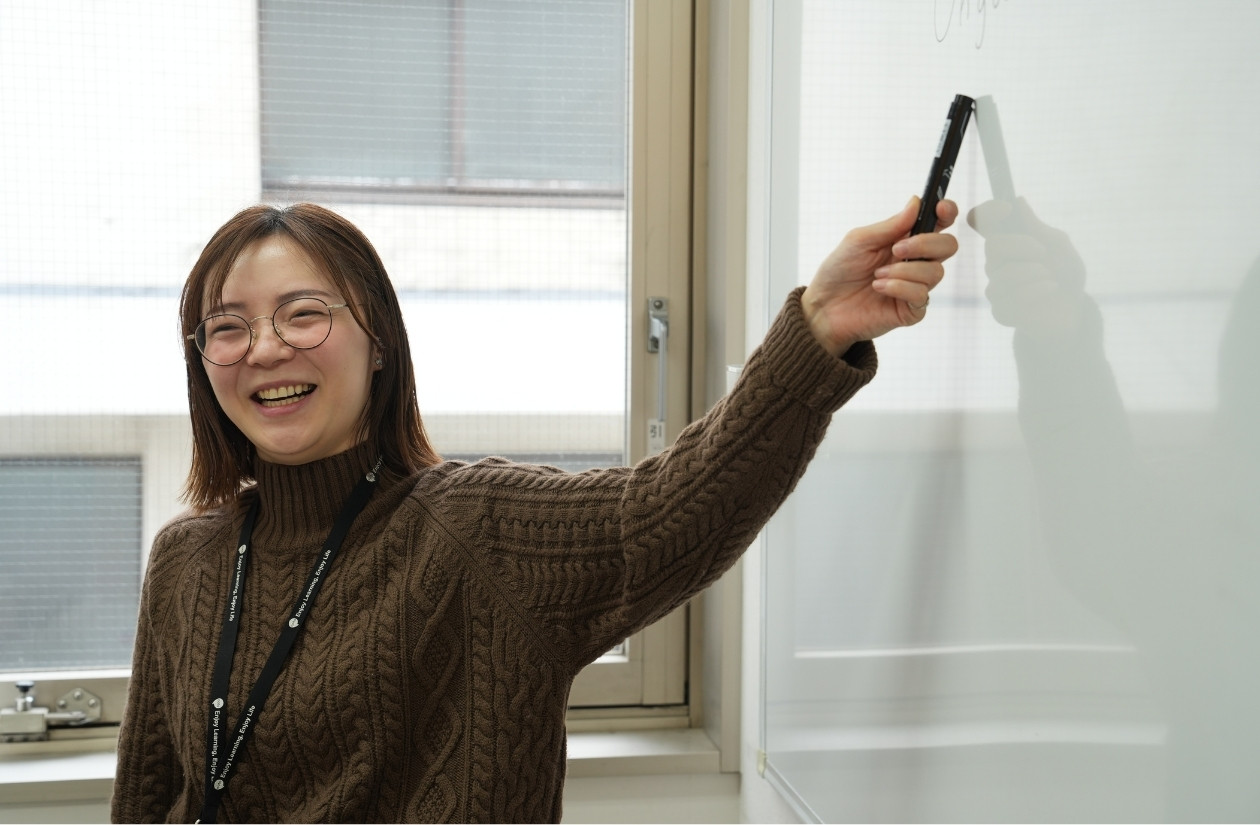Halloween-Themed Japanese Vocabulary to Spook You Out
Halloween in Japan is just around the corner, and when is better time to learn some Japanese Halloween vocabulary, if not now? How else can you describe some of the ghosts, monsters, and creepy crawlers that will spring up across the nation? Japan is no stranger to celebrating various occasions, and Halloween is quickly gaining […]







